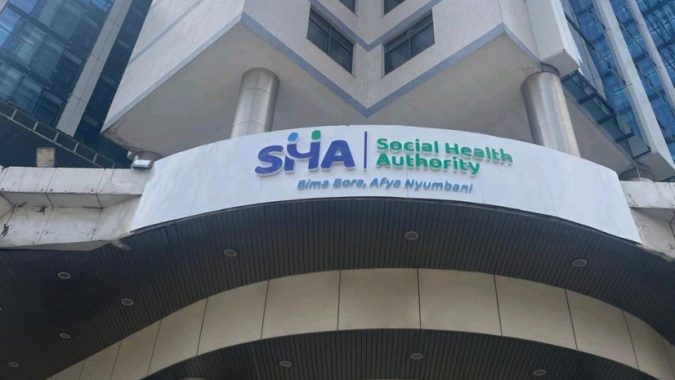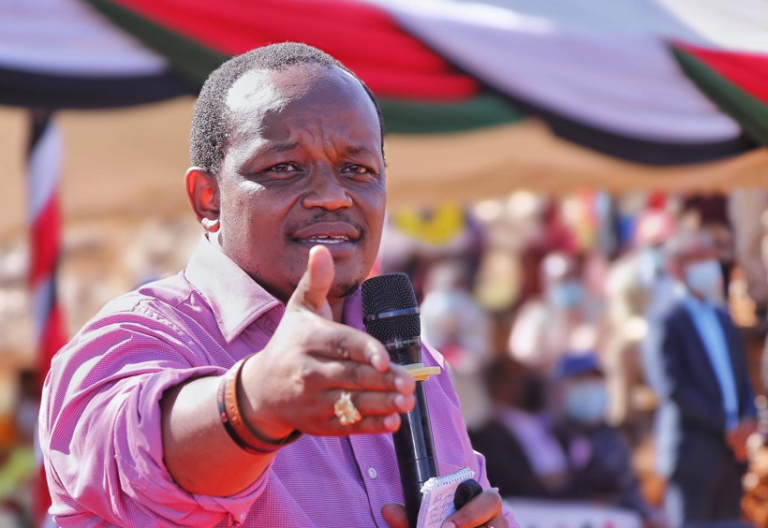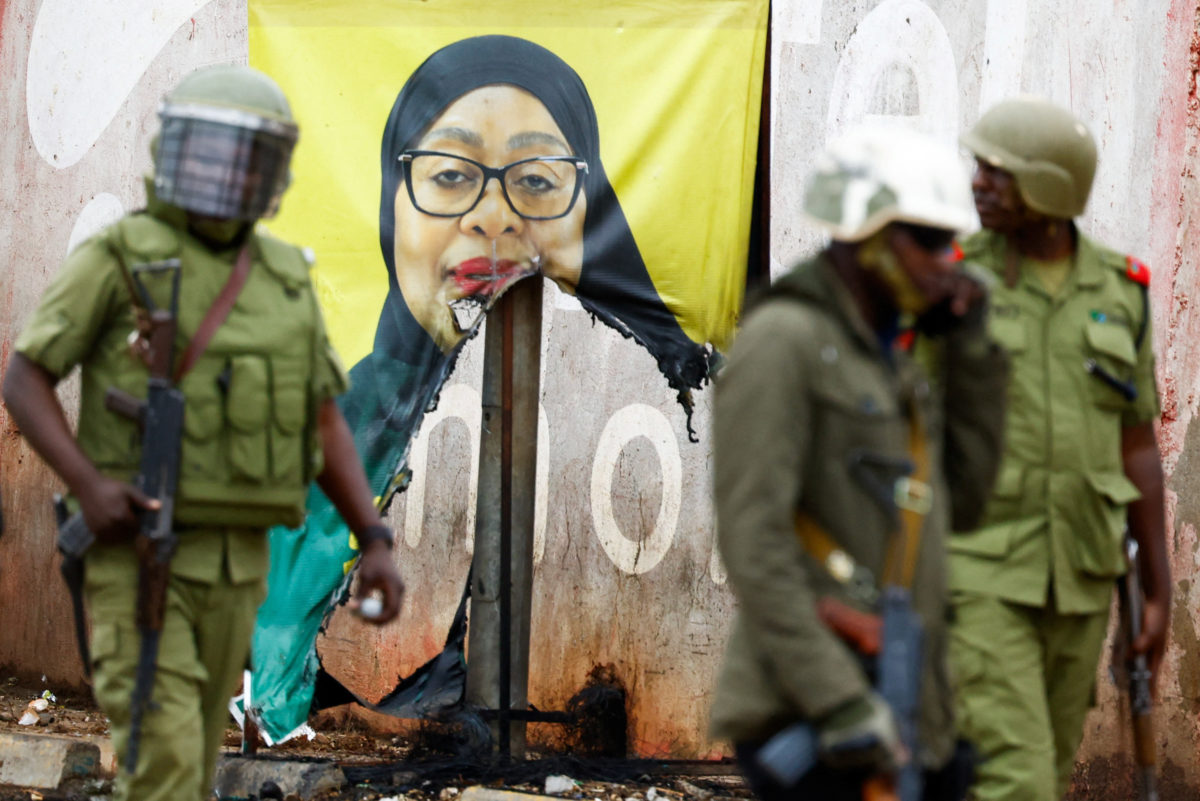
In a bold and urgent turn of events, President William Ruto has announced that the government will soon pick up the tab for SHA (Social Health Authority) registration for 1.5 million Kenyans who cannot afford the cost—explosively ramping up the drive for universal healthcare inclusion.
The massive move, confirmed through a dispatch from the Office of the President, confirms that officials have already pinpointed those eligible and that payment procedures will kick off as early as next week. Affected Kenyans will no longer pay the standard KSh 3,600 annual SHA premium, a barrier that had locked them out of essential health coverage.
Behind the scenes, President Ruto credits an equitable collection of the new 2.75% SHA payroll contributions as the source of the funding—a financial model he says has enabled the scheme to support the needy without burdening taxpayers. Beyond registering the vulnerable, he has already rolled out free healthcare for all SHA registrants in public clinics—Level 1 through Level 4 facilities—insisting that hospitals must not charge patients anything at point of care.
Reports have surfaced warning that some clinics are still demanding minor payments like KSh 100 or KSh 200, but a hardened Ruto has ordered swift action and even shut down facilities flouting the directive. Citizens are urged to report such violations via the government call centre, signaling zero tolerance for profiteering in essential services.
This groundbreaking directive comes at a critical moment. While nearly all Kenyans are meant to be covered under the new SHA system, stubborn affordability hurdles have kept many from registering. With this latest pledge, the government is ear-marking a powerful path toward true universal health coverage—forcing the nation’s healthcare narrative into a new direction.
With implementation under way, the spotlight now falls on effective rollout, enforcement, and whether this move nudges Kenya closer to fulfilling its promise of healthcare for all.







